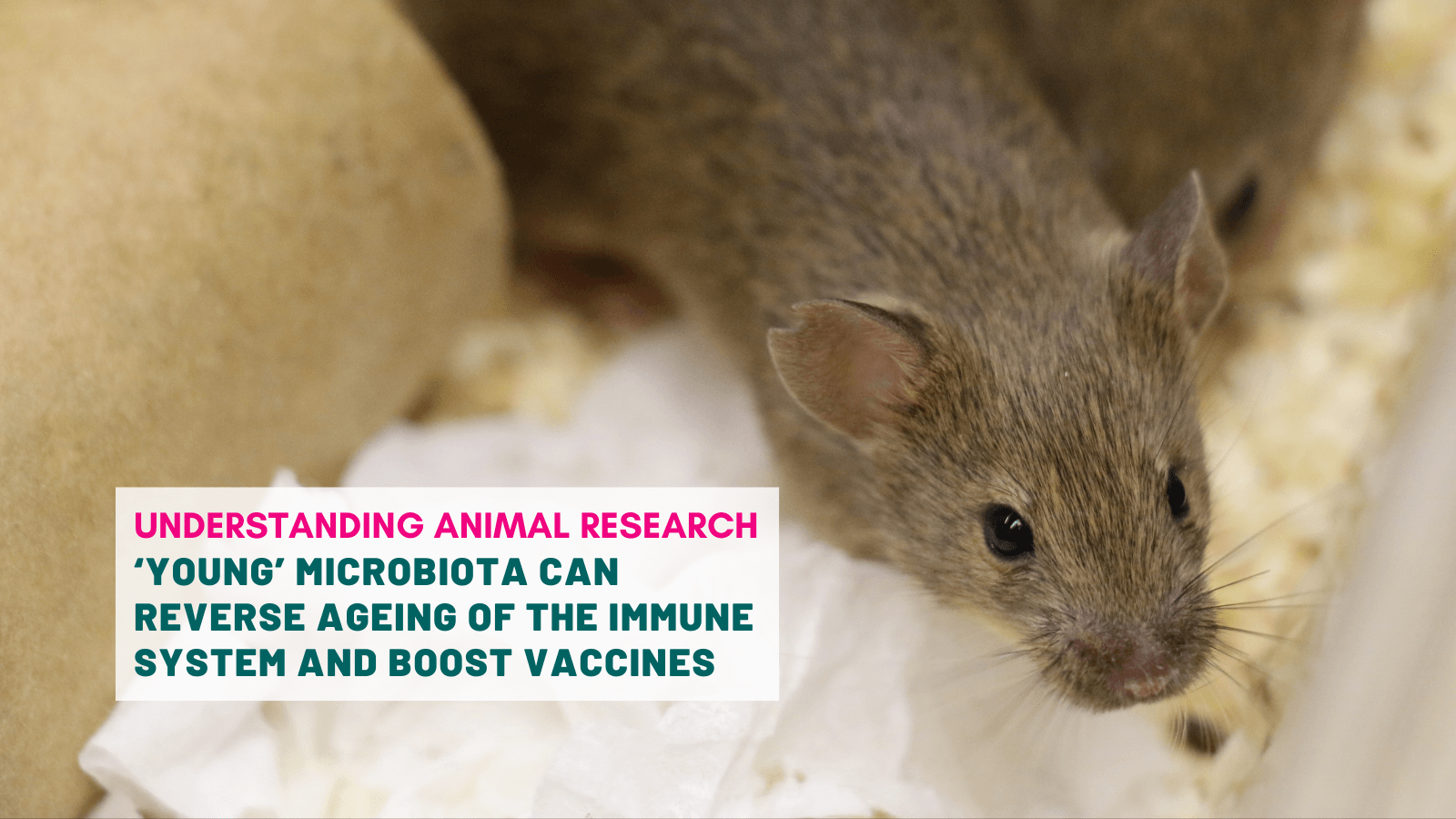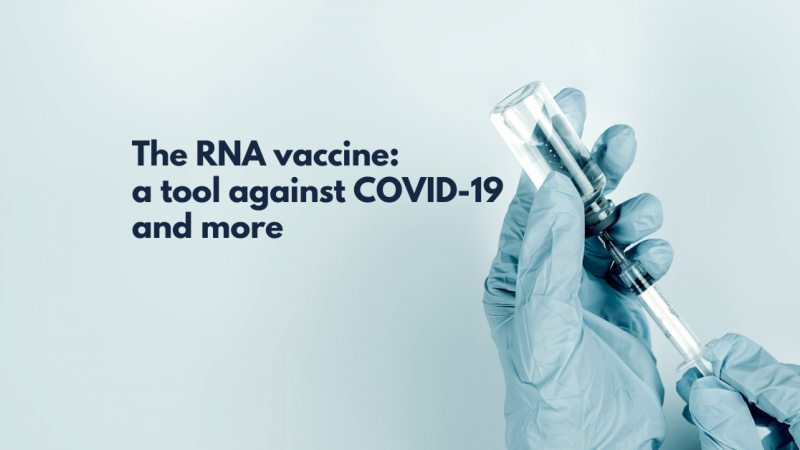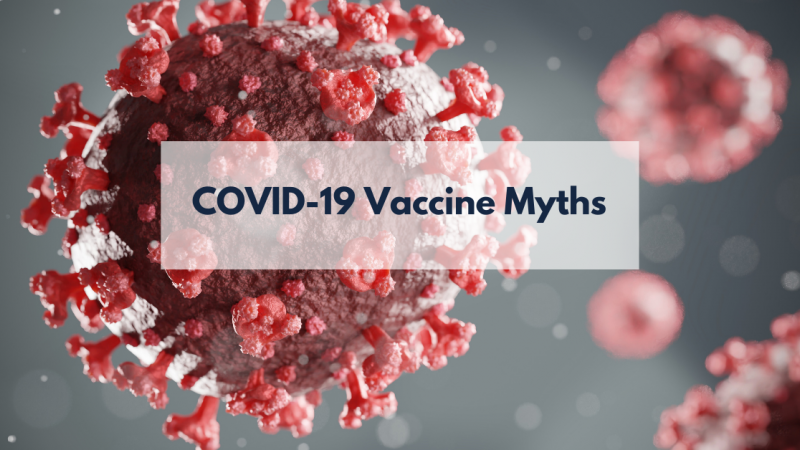
Every human being is home to trillions of microbes that are collectively known as the microbiota. Recent research into how these microbes affect the immune system may explain why older people are more vulnerable to disease and suggest ways to tackle that vulnerability.
Scientists at The University of Edinburgh's Roslin Institute, led by Professor Neil Mabbott, discovered that as mice get older they showed a marked decrease in the number of M cells found in the lining of the gut. These are specialised cells that look out for infections and trigger the early stages of the immune response. Fewer M cells means a weaker immune system. At the same time, the researchers found that the older mice had depleted microbiota compared to younger mice. The microbiota were less diverse and certain species known to decrease inflammation of the gut in humans were missing.
Photo: M cells of young and aged mice © Neil Mabbott.
Rejuvenating the microbiota in the older mice, however, seemed to overturn the age-related decline in the M cells. The effect was achieved by transferring the microbiota from healthy younger mice to the older ones. Initially this was done with surgery but then by mouth in what turned out to be quite a simple procedure:
“We were working with very old mice. They were about two years old, the equivalent of 70 in human years, so we wanted a more subtle and less invasive procedure. Luckily for us, mice are known as coprophagic, which basically means, they eat their poo. So when they are put in an environment with faecal pellets, they will naturally eat them, and by doing so transfer the microbiota into their intestines.”
When the older mice ate the younger mice’s faecal pellets, their microbiota was rejuvenated. Some organisms that were missing in the old mice were restored, and with them, the number of M cells in the intestines.
“To our surprise, the ‘young’ microbiota not only increased the number of M cells in the intestines of old mice but also their function. The numbers didn’t go back 100% like in the young mice but it was enough to improve their immune system,” explains Professor Mabbott.
When challenged with a protein put in their drinking water in a mock vaccine test, the older mice exposed to the young microbiota responded strongly while untreated mice showed no response at all. Subtly changing the content of the microbiota in the older mice was enough to improve their immune response.
Microbiota was shown to be crucial in maintaining a healthy immune system and preventing immunosenescence - the ageing of the immune response. Further work showed that flagellin, a protein found in bacteria flagella, could cause this response. If the same is true in humans, and it is possible to reverse ageing of the immune system and improve immunity in the elderly with a simple exposure to specific parts of the human microbiota such as flagellin, health outcomes in old age could be improved.
Prescription of probiotics to complement vaccination could potentially provide an effectiveness boost in older people that could save thousands of lives. As Professor Mabbott explains, in the fight against COVID-19 this could make all the difference:
“One of the issues that might arise with the new vaccine is that it might work great in young people but not as much in older patients with impaired mucosal immunity. Our study suggests that it may be possible to restore the immune system to its younger self, and improve vaccine response. Making your immune system younger will naturally help you live healthier.”
Further reading
Microbial Stimulation Reverses the Age-Related Decline in M Cells in Aged Mic
Last edited: 30 August 2023 14:56



